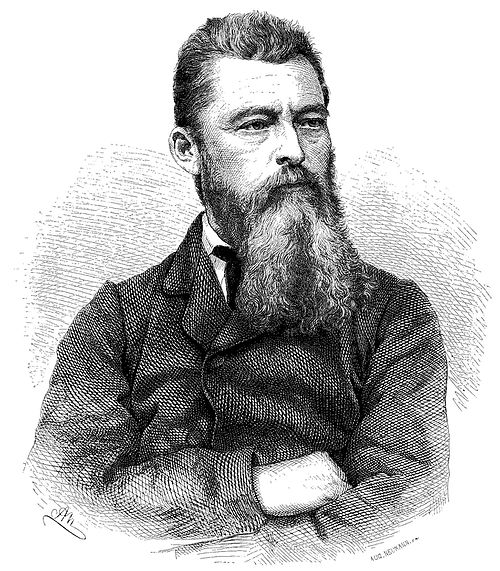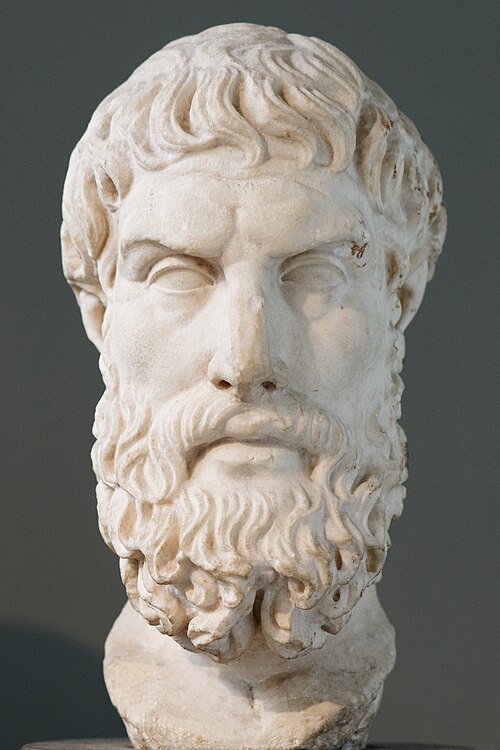Secularismnoun
A position that religious belief should not influence public and governmental decisions
Secularismnoun
The related political belief in the separation of church and state
Secularismnoun
The state or quality of being secular; a secular spirit; secularity.
Secularismnoun
The tenets or principles of the secularists.
Secularismnoun
a doctrine that rejects religion and religious considerations
Secularismnoun
the principle of separation of the state from religious institutions
Secularism
Secularism is the principle of seeking to conduct human affairs based on secular, naturalistic considerations. It is most commonly defined as the separation of religion from civic affairs and the state, and may be broadened to a similar position concerning the need to remove or minimalize the role of religion in any public sphere.
Atheismnoun
(narrowly) Belief that no deities exist (sometimes including rejection of other religious beliefs).
Atheismnoun
(broadly) Rejection of belief that any deities exist (with or without a belief that no deities exist).
Atheismnoun
(very broadly) Absence of belief that any deities exist (including absence of the concept of deities).
Atheismnoun
(historical) Absence of belief in a particular deity, pantheon, or religious doctrine (notwithstanding belief in other deities).
Atheismnoun
The disbelief or denial of the existence of a God, or supreme intelligent Being.
Atheismnoun
Godlessness.
Atheismnoun
the doctrine or belief that there is no God
Atheismnoun
a lack of belief in the existence of God or gods
Atheismnoun
disbelief or lack of belief in the existence of God or gods.
Atheism
Atheism, in the broadest sense, is an absence of belief in the existence of deities. Less broadly, atheism is a rejection of the belief that any deities exist.

















